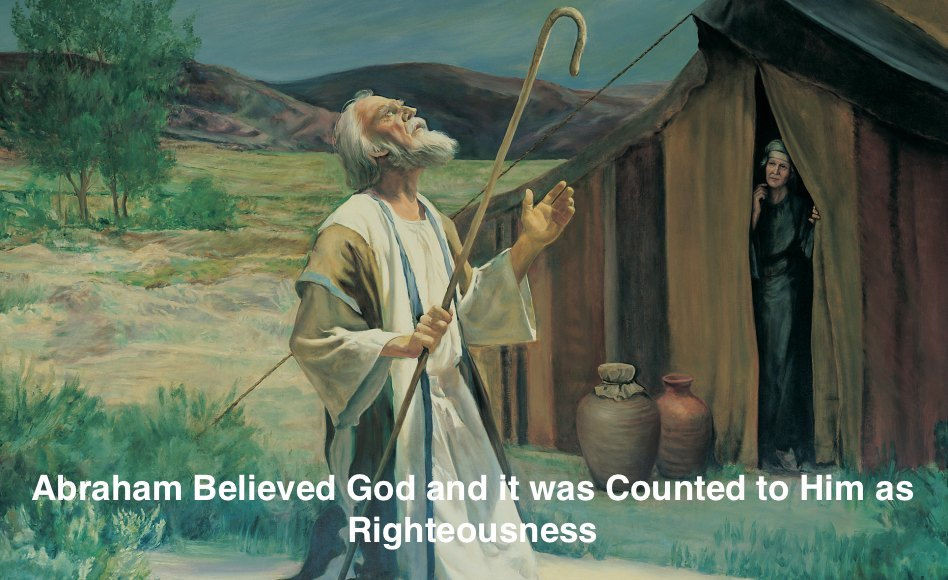Is the Kingdom of God Within You or in Your Midst?
- Keith Thomas
- May 21, 2020
- 3 min read

20Once, having been asked by the Pharisees when the Kingdom of God would come, Jesus replied, "The Kingdom of God does not come with your careful observation, 21nor will people say, 'Here it is,' or 'There it is,' because the Kingdom of God is within you" (Luke 17:20-21).
It could be that the Pharisees were asking Christ in a derogatory way as to when the Kingdom of God would come, i.e., with a sneer on their lips. They were aware that Jesus had taught from the beginning of His ministry that the Kingdom of God was near (Matthew 4:17). In their minds, if it was coming, where was it? Of course, they didn't believe that He was the Messiah. He did not fit their picture of the Messiah. Jesus replied by telling them, "The Kingdom of God does not come with your careful observation." The Greek word translated "careful observation" is parateresis, which means to watch with hostility or to keep an eye on something closely. The Pharisees were looking for spectacular signs in the sky that would indicate the coming of the Kingdom, but Jesus refuted that thinking by saying that it was not yet the time for the Kingdom to come in a visible way. The Kingdom of God contains elements that cannot be observed with the natural eye like a mustard seed that becomes a tree (Matthew 13:32) and leaven that permeates through the whole bread (Matthew 13:33). The second coming of Christ will not come until the Gospel has permeated throughout the entire world (Matthew 24:14)
King Jesus, when He is invited, comes and takes up residence upon the throne of our hearts, the temple of God, according to Paul in 1 Corinthians 3:16. Jesus Himself was and is the seed of the Kingdom. Jesus told Nicodemus, "No one can see the Kingdom of God unless he is born again" (John 3:3). In case we didn't catch the importance of this, the Lord repeated it more emphatically in verse 7, "You should not be surprised at my saying, 'You must be born again' "(John 3:7 Emphasis mine). There must be an inward manifestation of the kingdom in our hearts, the central part of our very being, i.e., our spirit; otherwise, we will never have a part in the outward, physical manifestation and the fulfillment of the Kingdom of God. When a person receives Christ as Savior, something happens in the core of his being, also described by the Apostle Peter as being "born again." He writes:
For you have been born again, not of perishable seed, but of imperishable, through the living and enduring word of God (1 Peter 1:23).
We are alive to the physical world because we have been born into it. In the same way, we become alive spiritually by receiving the germinating seed of spiritual life from the Lord Jesus. He said: “I am the way and the truth and the life. No one comes to the Father except through me" (John 14:6). The Greek word translated with the English word life is Zōē. The Key Word Study Bible goes into the root of the word itself, saying:
Zōē is a somewhat metaphysical term that denotes the very life-force itself, the vital principle, which animates living beings. It is used most often in connection with eternal life. This life is the very life of God of which believers are made partakers.[1]
Until this experience of being born again happens within us, the inner state of our spirit is that of being dead in our transgressions and sins (Ephesians 2:1, 5). We cannot know God apart from receiving this life from Jesus. You cannot become a Christian by behaving Christianly; it doesn’t work like that. You must be born again or born from above into the Kingdom of God. There is a new life principle that is imparted to us when we repent (repentance means a change of mind and direction) and receive the Lord Jesus as Lord and Savior of our lives. This is why Paul the Apostle writes, “If anyone is in Christ, he is a new creation; the old has gone, the new has come” (2 Corinthians 5:17).
The kingdom for which they supposedly were searching was right under their noses in the presence of the Lord Jesus Christ, and they were not aware of it. Sometimes, the answers to our questions are right there in front of us, but we do not have the spiritual sensitivity to see them. Keith Thomas
[1] Spiros Zodhiates, Key Word Study Bible, AMG Publishers, Page 1630.








Commentaires